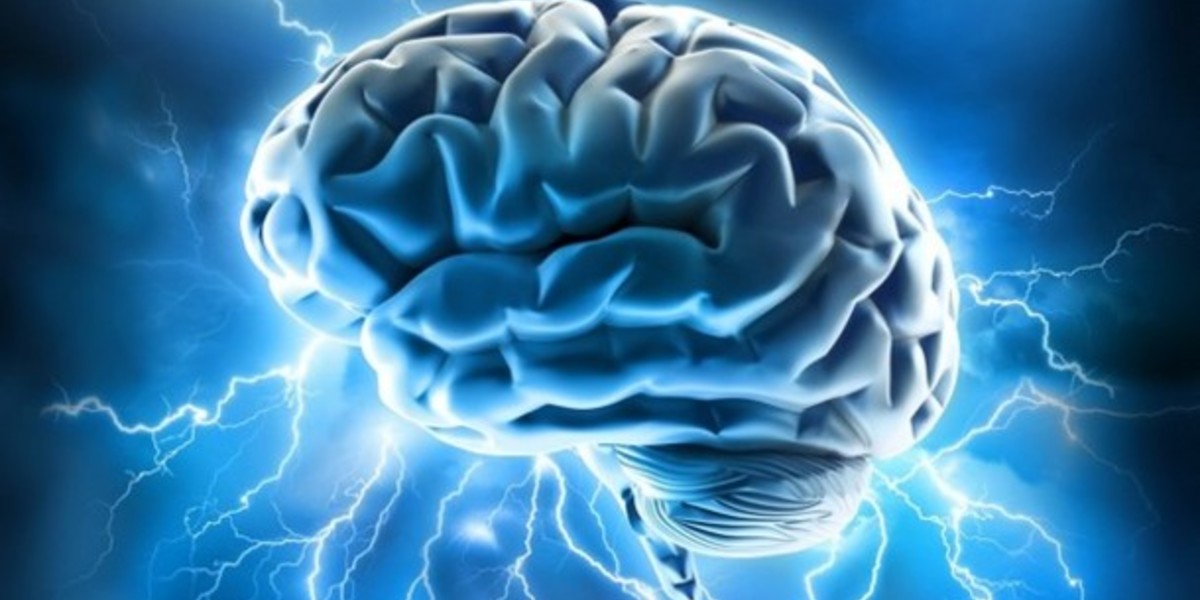
HDBuzz is saddened to share the news that the VIBRANT-HD trial of the oral huntingtin-lowering drug, branaplam, has been temporarily suspended for the safety of participants.

uniQure is conducting safety trials of the first gene therapy for HD. A recent press release provided a 1 year update on the first group of 10 people who underwent surgery to receive this experimental drug. Let’s talk more about what it means.

Scientists at IBM and the CHDI Foundation have used artificial intelligence to analyse datasets from Huntington’s disease observational trials to model progression of the disease. They hope their findings will help improve clinical trial design.

Researchers have updated the system that classifies Huntington’s disease progression. Tracking progression in 4 stages will make clinical trial screening and data interpretation easier and faster, and pave the way for pre-symptomatic trials.

A small clinical trial of high-dose biotin and thiamine for treating HD is being planned in Spain. This trial is based on research that links HD to another neurodegenerative disease called biotin-thiamine responsive basal ganglia disease (BTBGD).

Branaplam was originally designed to treat spinal muscular atrophy, but a new paper outlines how it could hold promise for treating Huntington’s. This oral drug lowers huntingtin protein and will now be tested in a study called VIBRANT-HD.

Researchers with PTC Therapeutics recently published exciting new findings - a promising new huntingtin lowering drug that can be taken as a pill. Will this change how we move forward with huntingtin lowering?

The first round of findings from the halted tominersen huntingtin lowering trial, GENERATION-HD1, run by Roche were shared this week with the HD community. HDBuzz explains what they found and what’s next.

In a much-needed bit of good news for the Huntington's disease community, Neurocrine Bioscience's KINECT-HD trial showed that treatment with valbenazine significantly reduced the involuntary movements called chorea